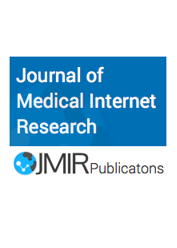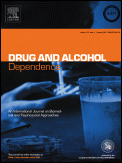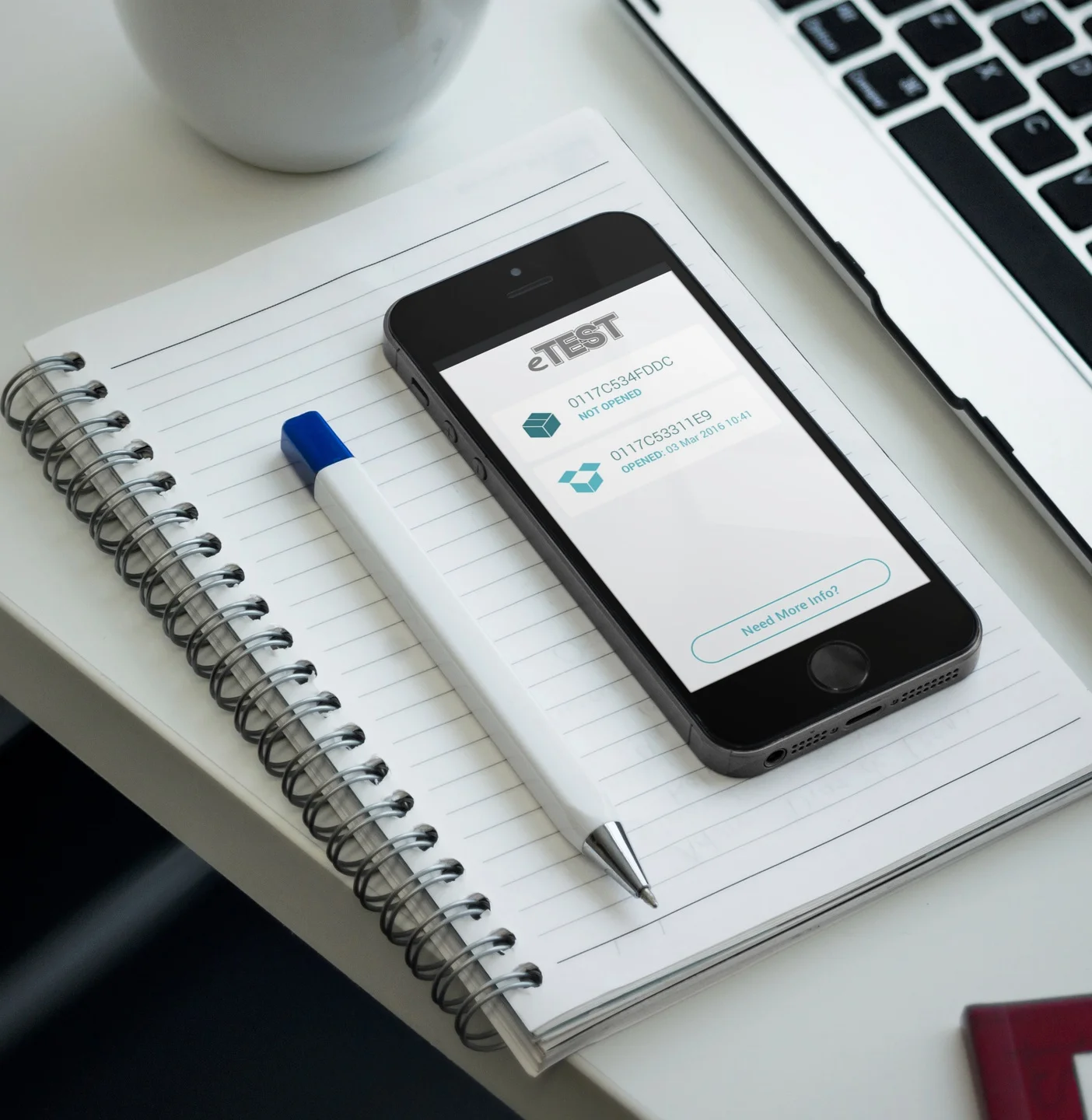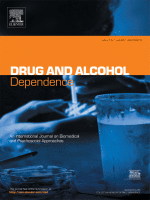Read the paper here.
Development of a Voice-Based Computer-Delivered Motivational Intervention for Heavy Drinking College Students
Providing follow-up care after HIV self-testing with a "smart" testing kit.
In this publication, we report the results of our eTest pilot study. All participants who were mailed home-based HIV tests reported testing for HIV at least once over the course of the 7 month study, compared to 72% of those reminded it might be time to get tested at a clinic. Those who were called immediately following the completion of their home-based test were more likely to receive risk reduction counseling, prevention supplies (e.g., condoms and lube), and PrEP referrals during the study period. No effects were seen regarding PrEP uptake or STI testing. Stay tuned for results from our larger eTest study, beginning recruitment in 2018!
Game Plan: An app to help users reduce their risk for HIV
The first app of it’s kind, geared toward gay and bisexual men during the time of HIV testing, was developed. This fully-functional app, called “Game Plan”, provides: 1) specific and personal feedback to users about their level of risk, (2) exercises to help prompt users to reflect on whether their current behavior aligns with other important life goals and values, and for those open to change, (3) exercises to help users understand factors that contribute to risk, and (4) a change planning module.
Timeline: A web app to help collect detailed health behavior data
Using a timeline followback (TLFB) to assess health behaviors such as alcohol and drug use, sexual behavior, and medication adherence has been around for decades. So how accurate is it? Comparing online monthly recall TLFB to daily dairy collection we see that timeline collection is valid for overall engagement in these health behaviors, but underreporting still occurs.
Gay/bi men who experience discrimination are more likely to drink to cope with negative feelings.
We studied associations between discrimination and alcohol outcomes. We can report that more discrimination events can lead to more alcohol problems. This is true among HIV + and HIV - gay/bi men. Additionally, reporting more discrimination experiences was associated with drinking more frequently for sexual reasons among both groups.
Many gay/bi men do not test as often as recommended.
Staying true to our lab, we’ve gathered data on HIV testing habits among men who have sex with men (MSM) in the Northeastern Unites States. We found that racial/ethnic minority MSM, those with a college degree and those who engaged in more recent HIV-risky behavior had higher odds of having tested in the last 12 months. Conversely, the odds of having tested in the last 12 months were lower among those who reported drinking alcohol heavily, when compared with more moderate drinkers, highlighting yet another potential impact of alcohol on HIV outcomes.
Using computers to counsel: Is it better for patients to point-and-click or just talk?
We've known for awhile that computers can help counsel patients to make better decisions about their health. But, most of the systems built for this purpose so far require users to interact with the "counselor" using a "point-and-click" interface. That is, patients enter their responses to the computer's prompts by clicking, pressing, typing, and so on. Obviously, most typical counseling interactions with a person simply allow patients to speak naturally about their experiences, and this may be a more potent way of interacting that leads to better outcomes. In a small study, we tested whether a computer counseling system that used a natural speech interface helped heavy-drinking college students reduce their alcohol use and alcohol-related problems, when compared with a "point-and-click" interface. Find out more about our results here!
Usability testing shows that eTEST could help link home-based HIV test users with prevention and care services
We're very excited to share our first publication from the eTEST project! In this paper, we report results from some qualitative research we conducted to help inform the development of eTEST. We showed that using a smartphone together with an internet-of-things (IoT) device to provide counseling and linkage to care after testing for HIV at home is feasible and could be a welcomed resource that helps those at-risk get tested more often, while also giving them the support they need.
In gay/bi men living with HIV, very heavy drinking increases the risk for engaging in behavior that can transmit HIV
Some might say, "No, duh!" But, we conducted one of the first studies to explore whether specific levels of drinking on a given day increased the odds of engaging in behavior that can transmit HIV in gay/bi men who are living with HIV. In this paper, published in the journal AIDS & Behavior, we showed that drinking more than 5 drinks on a given day increased the odds of engaging in sex that could transmit HIV that same day more than two-fold, and having more than 12 drinks increased those odds over 6-fold. These findings are in stark contrast to similar studies of straight men and women, which don't show such pronounced increases.
Drinking specifically to facilitate sex may lead gay/bi men to drink more, could result in more risk
In our ongoing effort to understand exactly why alcohol and drug use increases the risk for sexually-transmitted infections like HIV, a paper we published in the journal Psychology of Addictive Behaviors showed that some gay/bi men may drink specifically to feel less inhibited about meeting romantic partners, and that these men may end up drinking more heavily than others. This tendency could also be one factor that increases risk for STIs and HIV in these men, but more carefully-designed studies are needed to explore this.
On the merits of using mobile devices to study drinking and other behaviors
In a recent special issue of Alcohol Research: Current Reviews, a peer-reviewed publication that reviews the latest in alcohol research and is published by the National Institute on Alcohol Abuse and Alcoholism (NIAAA), we were invited to review the latest available scientific research on using mobile devices to study behavior, and its potential to improve health. The special issue focused on mobile health (mHealth) research, so we fit right in! Pretty cool!
Asking participants to recount their behaviors day-by-day may help us study them
Not exactly ground-breaking, but a necessary part of science! We're always trying to sort out the best way to study behaviors, especially because it's pretty tricky when people may be embarrassed about them or have a tough time remembering them. In this paper, we showed that one useful approach to collecting data about sensitive behaviors is to ask participants to recount them, day-by-day.
Drinking and sex may go together for straight men and women, but not necessarily sex that involves risk
It's been widely accepted that drinking heavily increases the risk for sexually-transmitted infections, in part because it's assumed that intoxication leads to making riskier decisions about sex. But, in a paper we recently published in Drug and Alcohol Dependence, we showed that there is little evidence that heavy drinking specifically increases risky decisions about sex, but this is specific to straight men and women who drink a lot.
Computers/devices can be used to improve HIV medication adherence
In this review we published in the journal Translational Behavioral Medicine, we explored the scientific evidence for using computers and other electronic devices to help people take their HIV medications regularly and on time. Good news, even simple tools can be helpful! Imagine the potential that more sophisticated programs might have!
Treatments for alcohol problems designed specifically for gay/bisexual men are few and far between
Gay and bisexual men suffer from alcohol-related problems just like everyone else, but often experience more severe health-related consequences due to these problems than others. In this review we published in Drug and Alcohol Reviews, we suggest that more research is needed to explore how well common treatments for alcohol use disorders work in gay/bi men.
When intoxicated, sex cues may command more of your attention
In a paper we recently published in the journal Archives of Sexual Behavior, we showed that one way alcohol intoxication may lead to riskier choices about sex is that sex-related cues may command more of your attention than when you're sober. This could make sex seem more impelling, even at the expense of its consequences.
Drinking for specific reasons may increase risk for risky sexual decisions
Using mobile "behavior diaries" may improve the accuracy of collecting behavioral data
In a paper we published in the journal AIDS & Behavior, we showed that "behavior diaries" collected using mobile devices could help us understand the everyday influences on the decisions gay/bi men make about drinking, drug use, and sex. This could be the first step toward using this data to help people change their behavior through the mobile devices they carry with them everywhere.



















